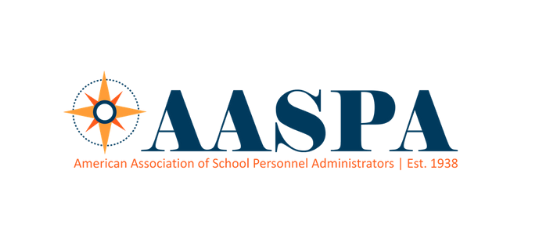
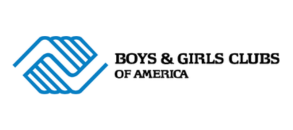


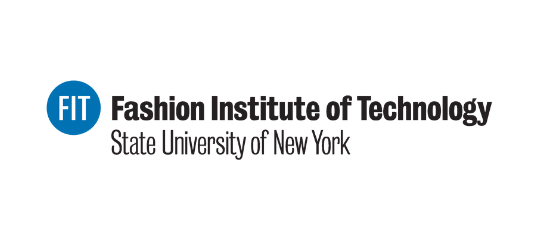
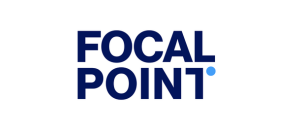

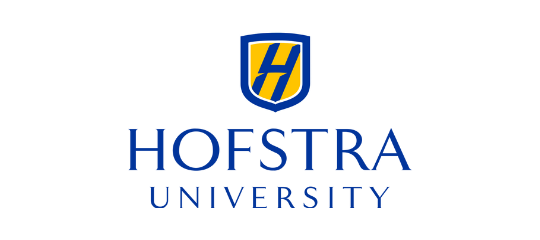

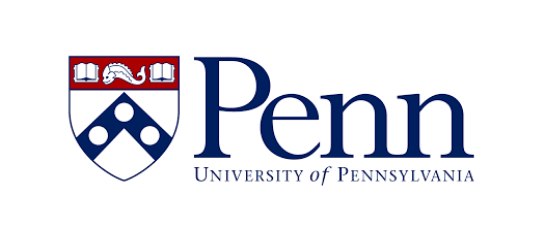
Educators shape the future, whether teaching in classrooms or driving change through administration, curriculum design, or policy development. Yet they often face challenges like navigating political, scientific, and religious divides, addressing diverse student needs, and managing expectations from parents, communities, and governments.
However, who equips educators to tackle these pressures with clarity, calm, and awareness? Sylvie di Giusto, a renowned education keynote speaker, empowers educators with The Power of Choice, her signature decision-making framework. Through this, educators learn to manage perceptions, make intentional choices, and achieve the best outcomes for students, parents, colleagues, and stakeholders in schools, universities, and NGOs.
In education, the daily demands can often leave educators operating on autopilot, with little time for intentional decision-making. Yet, in these everyday moments, small choices can profoundly shape how students, parents, colleagues, and administrators respond and engage. When educators act with intentionality, they unlock the full potential of their community. Students excel academically and emotionally, parents feel assured, colleagues collaborate effectively, and administrators lead with clarity. The entire institution becomes a beacon of inspiration and innovation.
With Sylvie di Giusto’s Power of Choice framework, educators learn to navigate challenges thoughtfully, embrace intentional decisions, and transform their environments into thriving hubs of learning and leadership—hallmarks of a powerful education keynote speaker who understands the full ecosystem of education.
As a former educator of both teenagers and adults, and now a globally recognized education keynote speaker, she brings firsthand experience, profound empathy, and actionable strategies to empower today’s educators to lead, inspire, and transform their classrooms, teams, and communities.
Educators thrive on routine and structure, essential for adapting to ever-changing curricula, standards, and policies from schools and local, state, and federal governments. Sylvie di Giusto’s Power of Choice Framework™, rooted in her bestselling book The Image of Leadership, now tailored specifically for educators, provides a foundation to navigate both the day-to-day complexities of teaching and the broader shifts in educational policy.
As lifelong learners, educators are drawn to actionable insights and evidence-based practices. Sylvie’s keynotes combine the latest psychological research with the dynamic, visually engaging style she’s known for. Drawing from The Image of Leadership for Educators, she empowers teachers, administrators, and policy influencers to enhance their emotional intelligence through five critical cornerstones:
Visual intelligence
Behavioral intelligence
Verbal and non-Verbal intelligence
Digital intelligence
Social intelligence
You were masterful in both content and form in sharing information essential for these individuals to prosper in their chosen fields. The class was very interested and involved in learning from you.
Carole L. Jurkiewicz, Ph.D.Professor | Hofstra University
Sylvie is great to work with. She is energetic, she was eager to learn about my members and she engaged the audience. My members were laughing. It was just a great way to kick off our conference. I would highly recommend Sylvie.
Sandy WachterDirector of Meetings & Events | American Association of School Personal Administrators
I would absolutely recommend Sylvie. First of all, I'm not that person who gets impressed easily, nor do I buy people's books just because they spoke. But she was impressive enough that I wanted to buy her book and I want to take it back and share with others.
Torrell HillAssistant Superintendent HR | Public Schools
We all know the saying, “Don’t judge a book by its cover,” yet we often make unconscious judgments based on appearance. Our brains automatically compare new people to stored images, influenced by factors like clothing, body image, or level of self-care. These snap judgments can shape how we speak, interact, and respond—often without us realizing it.
For educators, developing awareness of these unconscious responses transforms interactions with students, parents, and colleagues. By addressing these biases, they engage more openly and authentically. At the same time, educators can refine their own visual presentation to foster mutual respect, professionalism, and meaningful dialogue in their educational communities.
Educators learn to understand the unconscious impact of appearances to break free from snap judgments. By presenting themselves with purpose and poise, they cultivate an environment of mutual respect and professionalism, fostering empowered connections that resonate far beyond the surface.
We often don’t know what drives someone’s behavior—financial stress, work issues, or even small factors like their lunch. Behavioral intelligence helps us look beyond surface behaviors to remain calm, focus on underlying issues, and adjust our responses for the best outcomes.
For educators, mastering behavioral intelligence means understanding not only their students but also their own attitudes, habits, and triggers. By cultivating self-awareness and recognizing unconscious drivers, educators can respond thoughtfully to challenges, optimize their influence, and create a lasting positive impact on students, colleagues, and the wider educational community.
Educators gain insight into the profound impact of behavioral cues, liberating themselves from hasty judgments or actions. With purposeful demeanor, they foster an atmosphere of mutual respect and growth, nurturing a learning environment that transcends surface interactions.
Communication isn’t just a two-way street—it’s a 10-lane superhighway where words are just one lane. Facial expressions, gestures, tone, and volume fill the others. For educators, who rely on frequent in-person interactions, it’s essential to ensure their verbal and nonverbal communication aligns with their intentions.
Emotional intelligence empowers educators to align their internal emotions with their external expressions, projecting calm, poise, and confidence. This clarity helps their audience—be it a student or a PTA—focus on the message without distraction. By regulating their emotions, educators can ensure their words are received as intended, fostering better understanding and connection.
Educators learn to harness the power of communication intelligence, unlocking the art of effective expression. With adeptness in verbal and nonverbal cues, they cultivate an environment of mutual understanding and empathy, fostering meaningful connections that enrich every conversation.
In today’s digital world, a single impulsive tweet, thoughtless Instagram post, or unfiltered email can cause lasting damage to reputations, relationships, and careers. From accuracy and responsiveness to profile upkeep and online behavior, every digital footprint leaves a lasting impression—one that’s nearly impossible to erase.
Digital intelligence helps educators make intentional choices in their digital communication, ensuring that emotions and impulsivity don’t dictate their online presence. By following a thoughtful checklist before posting, emailing, or joining virtual meetings, educators can protect their reputations, build trust, and create influential digital impressions that shape future opportunities.
Educators acquire the skills to navigate the virtual landscape with discernment. By making intentional choices online, they safeguard their reputation and relationships, fostering a digital presence that reflects professionalism and thoughtfulness, leaving a lasting positive impact on their educational community.
Our social life mirrors our inner life—they shape and influence each other. For educators, this connection impacts behavior, decision-making, and outcomes. Surrounding themselves with people who uplift, inspire, and align with their goals fosters greater confidence, resilience, and support while enhancing their ability to collaborate with differently-minded colleagues, administrators, or policymakers.
Family, friends, and professional networks not only shape perceptions but also influence how others view us. Social Intelligence helps educators assess their social circles, ensuring they reflect their values and goals. By aligning their inner and social lives, educators create stronger personal and professional connections that support their success.
Educators learn to recognize the interplay between their inner and outer lives. Surrounding themselves with supportive, inspiring, and like-minded individuals, they foster confidence, resilience, and constructive collaborations.
Whether addressing educators’ presence, digital disruption, or stakeholder engagement, Sylvie’s expertise as an education keynote speaker ensures your audience walks away with both inspiration and actionable strategies tailored for today’s educational climate.
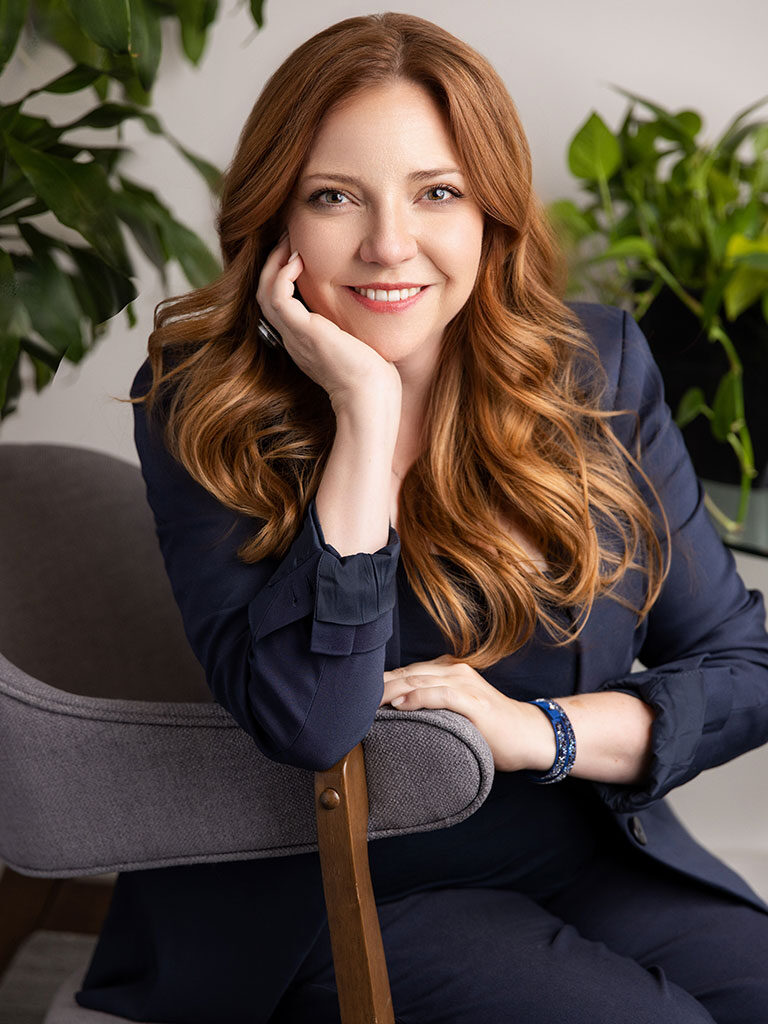
Rebecca Clark
For SPEAKING INQUIRIES
“While Sylvie is jetting to the next city, inspiring audiences on stage, or brainstorming her next big idea, I’m the glue holding it all together. Got questions? Reach out—I’ve got you covered!”
For immediate response to your inquiry, please fill out the form, or email me at [email protected]. Or you can call me at +1-403-398-8488.